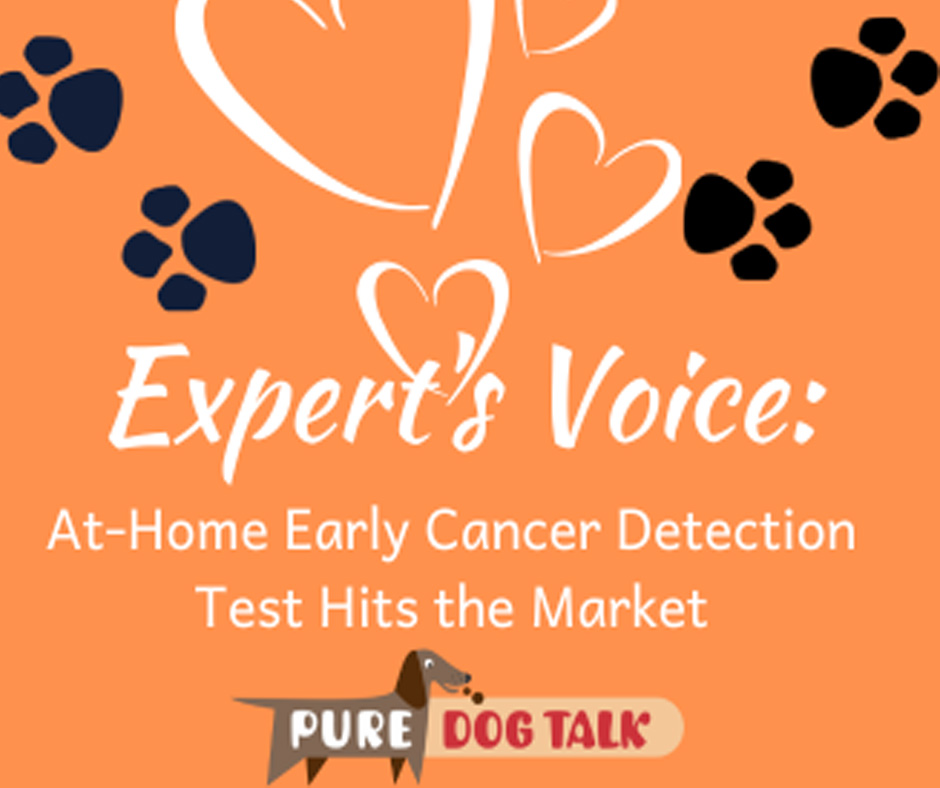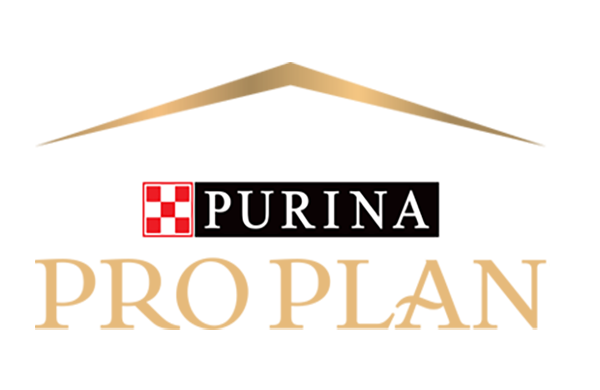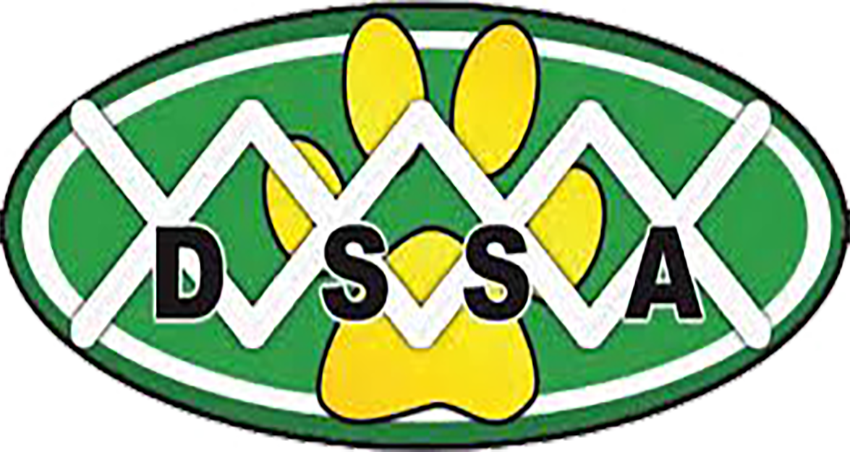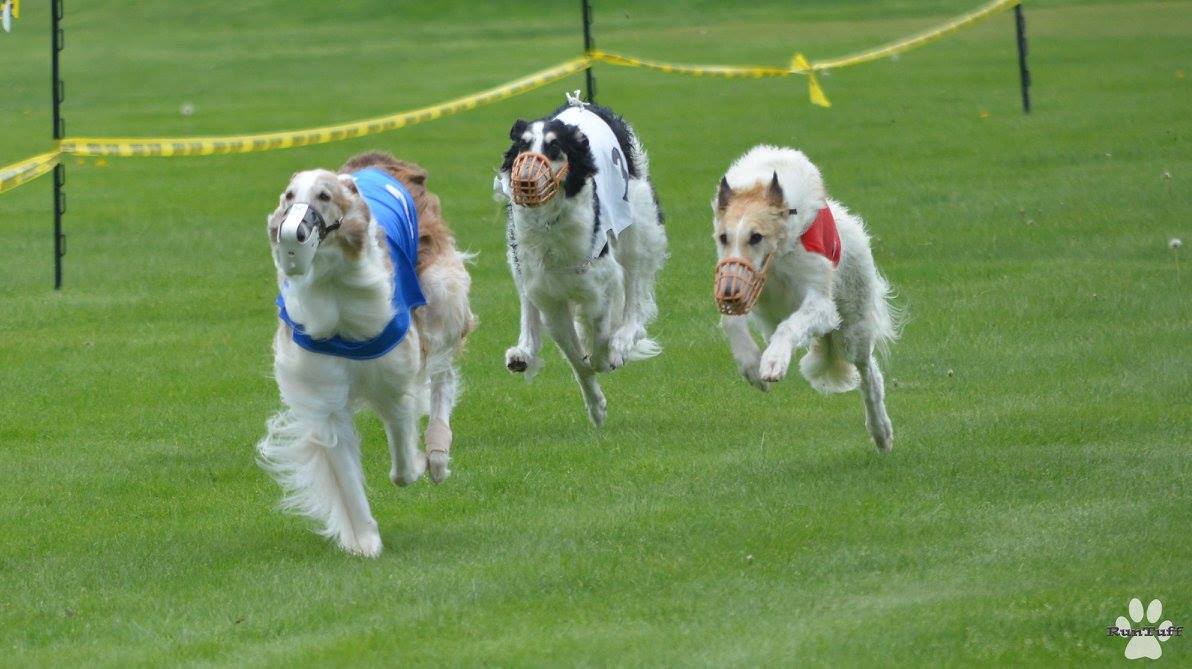624 – At-Home Early Cancer Detection Test Hits the Market

At-Home Early Cancer Detection Test Hits the Market
Chan Namgong, founder of Oncotect, joins host Laura Reeves for a very personal discussion of the value of early cancer detection for our dogs.
Namgong launched his company in 2019 in the aftermath of his mother’s cancer diagnosis. He already knew that dogs can detect human cancer by scent. But then he learned about a group of scientists that discovered that small nematodes can detect cancerous metabolites in urine in human medicine.
“What’s amazing about these small nematodes is that they have very high sense of smell,” Namgong said. “They have more olfactory receptors than dogs, despite their small size. So what we have done is we’ve developed a platform where we are using (nematodes) to detect cancerous metabolites in dogs’ urine that contains the cancerous metabolites.
“(Nematodes) are small worms, and the scientific name of them is C. elegans. And C. elegans is actually, you know, if you are a scientist or biologist, it’s a model organism. It’s widely used in different disciplines of science. In pharmacology, chemistry, biology, you know, cancer cells, stem cell research, environmental study, because we know everything about these worms. In fact, C. elegans was the very first multi-cell organism that was ever DNA sequenced. And the way we utilize them is we can actually measure the intensity of the olfactory neuron in their head.
“We can categorize pets as low, moderate or high risk of cancer. Oncotect is a screening test, not a diagnostic test. So, this is meant to be proactive and preventive measure. And then if there’s any risk, moderate or high risk, we’ll bring you back to your veterinarian for further consultation, diagnostic tests such as x -rays or ultrasound to really confirm or deny a cancer suspicion or to identify the type and location.
“Prevention of cancer is almost impossible because we don’t know what’s really truly causing cancer. But your best strategy is find it early and treat it quickly. Diagnosing a cancer is like a putting a puzzle together. You’ve got to bring different pieces of information to really look at a big picture.
“We have primarily focused on the four most common treatable canine cancers. They are lymphoma, melanoma, hemangiosarcoma and mast cell tumors. And the reason why we focus on those four is because just due to the limited resources that we have.
“We’ve tested over 700 dogs in the last year or so. And among those 700 dogs, we have detected TCC, bladder, prostate, liver, soft tissue. So we’ve detected other cancer types, but the reason why we are not making claims for them is because we haven’t run a large enough sample size to publish any scientific paper on them, which we plan to do this year.”
Our Valued Corporate Sponsors:
Our Esteemed Advertisers:
Our In-Kind Supporters:
KNOWLEDGE IS POWER — FRANCIS BACON
When you become a patron of Pure Dog Talk you’ll tap into an exclusive community of experts to help you and your dog be blue-ribbon best at whatever you do with your purebred dog! Your support helps keep the MP3's rolling at Pure Dog Talk!
As a supporter, you’ll immediately gain access to the weekly Pure Pep Talk SMS, Pure Pep Talk private Facebook group, and priority emails. Patrons can choose to level up to the After Dark Zoom and a Patrons Digital Badge for their website— even a private counseling session with Laura on any topic.

DON'T MISS AN EPISODE!!












